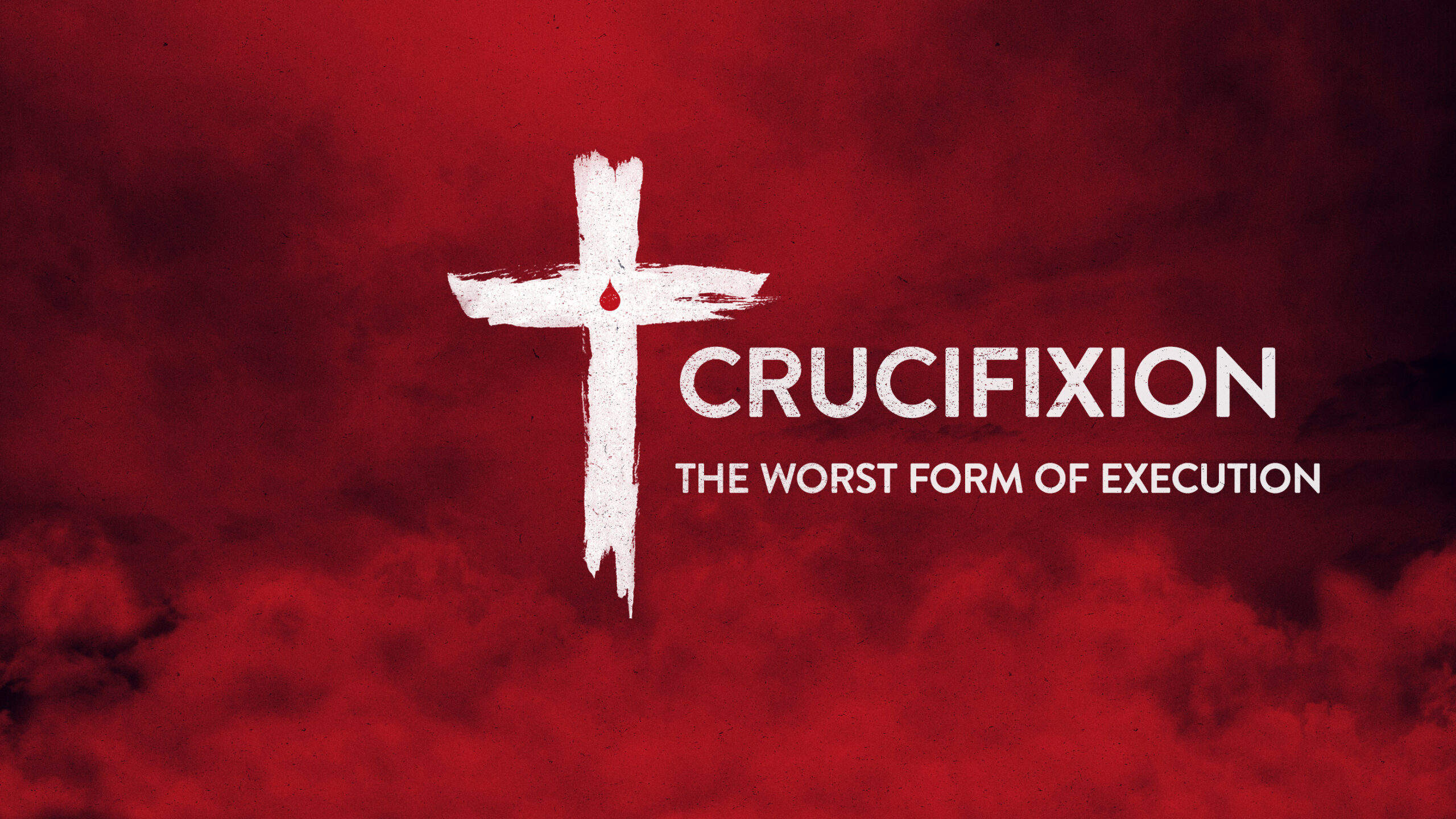By Chaplain (Col) Stephen W. Leonard, USA, Ret.
“I have been crucified with Christ. It is no longer I who live, but Christ who lives in me. And the life I now live in the flesh I live by faith in the Son of God, who loved me and gave Himself for me.” Galatians 2:20
The mere image of a crucifix does not always tell the whole story. We have seen them so often, we do not sense the pain suffered. Pictures hang on the walls of our houses, crucifixes hang around necks, they decorate churches.
But they do not say that crucifixion is considered the most painful and torturous form of killing a person. And it was implemented by the Romans when Jesus lived on earth and when He was found guilty and sentenced to die by crucifixion.
He had been already painfully tortured, but then He was hung on a cross for the most agonizing pain of all. Our frequent telling of the story makes it so familiar that we no longer appreciate the worst pain that a human can endure.
Jesus died the most horrific death to pay for our sins! He suffered agonizingly before His death. His seven last words were spoken through extremely parched lips with excruciating breaths from lungs struggling to breathe.
It is why Jesus asked for the “cup,” all He would suffer, to be removed if it could be. But that “cup” could not be removed, without removing the salvation won. Jesus did not ask for the cup to be removed because He did not want to provide salvation, but because He was questioning his strength to finish the task; to be able to say, “It is finished!”
The Son of Man, the Son of God, Jesus the Christ survived the pain through horrific bodily harm to the point of death, to accomplish the salvation of those for whom He died as their personal substitute. He was on the cross where we should have been, but we were not the perfect sacrifice. Only a perfect lamb, the Lamb of God, was acceptable to accomplish our salvation.
There are many who, by lack of appreciation and faith, ignore His death, or by simple denial of its meaning, or by willful ignorance of its personal relevance to their eternal future. What is so much more, you who are its full recipient should not fail to feel overwhelming thanksgiving that Jesus should suffer this for you. And show your thanksgiving through your intimate relationship with Him and continual service to His commands.
Encouragement
“What language should I borrow to thank Thee, dearest Friend, for this, Thy dying sorrow, Thy pity without end? O make me Thine forever; and should I fainting be, LORD, let me never, never outlive my love to Thee.”
(3rd verse of Bernard of Clairvaux’s hymn, “O Sacred Head Now Wounded,” 1091-1153)
Stay Updated
Sign up for our monthly newsletter and weekly devotional











